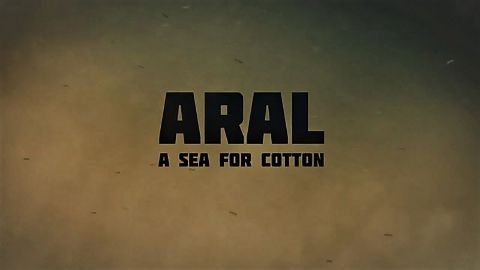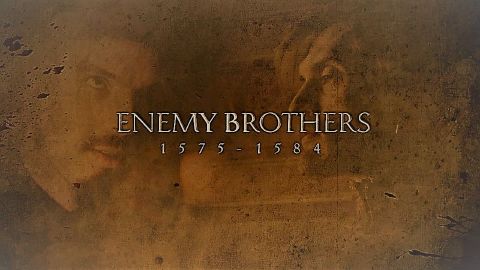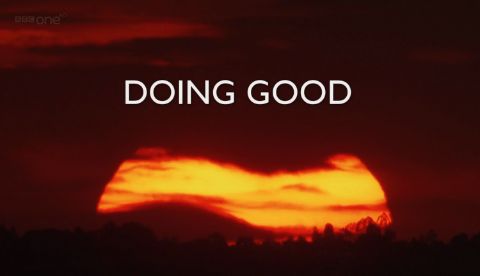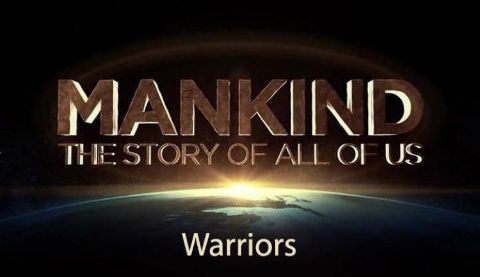You might also like
The former Soviet Union collectivized many aspects of agricultural and industrial development in the 1950's. While some efforts were successful, others, like the cotton-growing around the Aral Sea, have proven to be an ecological nightmare.
S2E2 • Butterfly Effect • 2018 • History
Mary, Queen of Scots is forced to abdicate and flee to England, where Queen Elizabeth has her imprisoned. Refusing to acknowledge her cousin as her legitimate heir, Elizabeth accepts to wed one of Catherine de Medici’s sons. In Flanders, William I requests military assistance from France.
S2E5 • The Real War of Thrones: The True History of Europe • 2018 • History
Rageh Omaar explains how the collapse of this Islamic super-power following the first World War left problems that still exist in Europe and the Middle East today. From its capital in Istanbul the Ottoman Empire matched the glories of Ancient Rome. Yet its achievements have been largely lost in the trauma of its last few years. Brutality, massacres and the carve-up of former Ottoman lands created a legacy of tension and conflict that continue to this day. The heartland of the former empire - modern day Turkey - turned its back on its Islamic, Ottoman past. It underwent a social revolution led by military commander and secular visionary Mustafa Kemal-Ataturk. So why is Ottomanism back on the political agenda? And why are many politicians in the West hoping that Turkey can provide a role model as a modern, Islamic democracy?
S1E3 • The Ottomans: Europe's Muslim Emperors • 2013 • History
What happened when early humans ventured out of Africa and into Asia? Where did they go and whom did they meet along the way? The latest evidence suggests they left far earlier than previously thought and interbred with other types of ancient human - Homo erectus, Neanderthals and also the Denisovans, whose existence was established only five years ago when geneticists extracted DNA from a tiny fragment of finger bone. Because these ancient humans mated with our ancestors, their genes have found a home in our DNA. More than that, they’ve helped us survive and thrive.
Part 3 • First Peoples • 2015 • History
In the final part of his personal account of Britain's empire, Jeremy Paxman tells the extraordinary story of how a desire for conquest became a mission to improve the rest of mankind, especially in Africa, and how that mission shaded into an unquestioning belief that Britain could - and should - rule the world. In Central Africa, he travels in the footsteps of David Livingstone who, though a failure as a missionary, became a legendary figure - the patron saint of empire who started a flood of missionaries to the so-called 'Dark Continent'. In South Africa, Paxman tells the story of Cecil Rhodes, a man with a different sort of mission, who believed in the white man's right to rule the world, laying down the foundations for apartheid. The journey ends in Kenya, where conflict between white settlers and the African population brought bloodshed, torture and eventual withdrawal.
When Rome is sacked by barbarians, Europe enters a Dark Age. But from the fringes of the old empire, two new forces remake the world. The Arabs, funded by a gold rush, unite under the banner of Islam. The Vikings rejuvenate the cities of Europe, travel to America and become Christian knights. The stage is set for a clash of civilisations - the Crusades.
4/12 • Mankind: The Story of All of Us • 2012 • History





